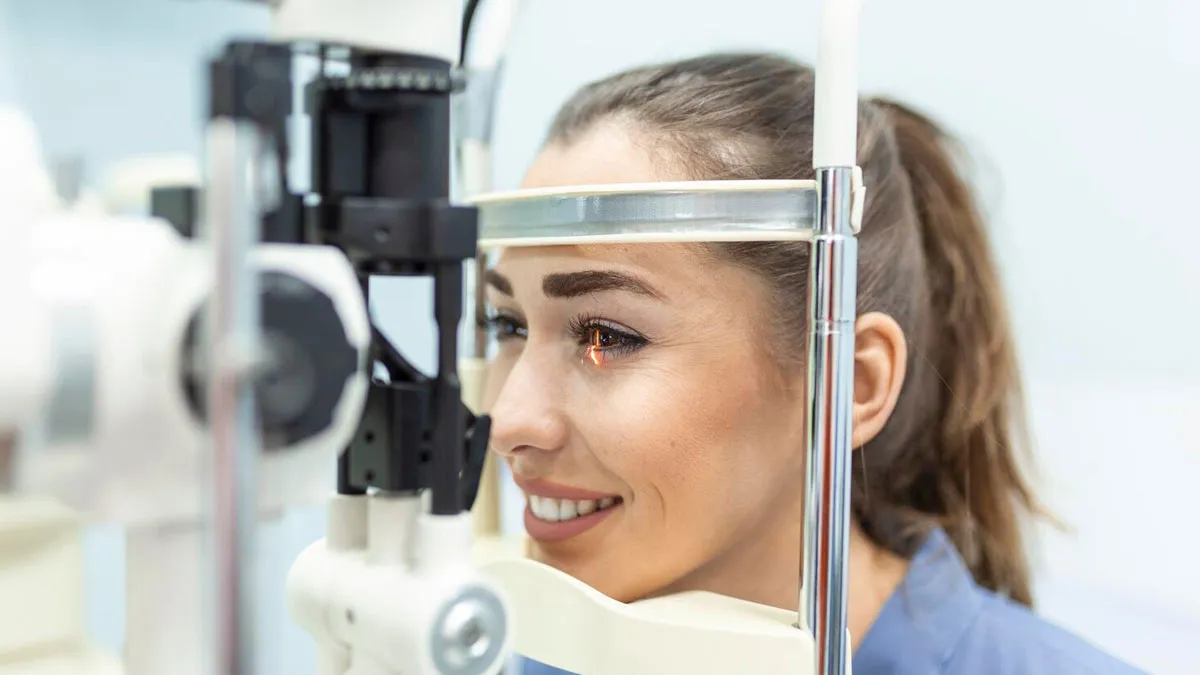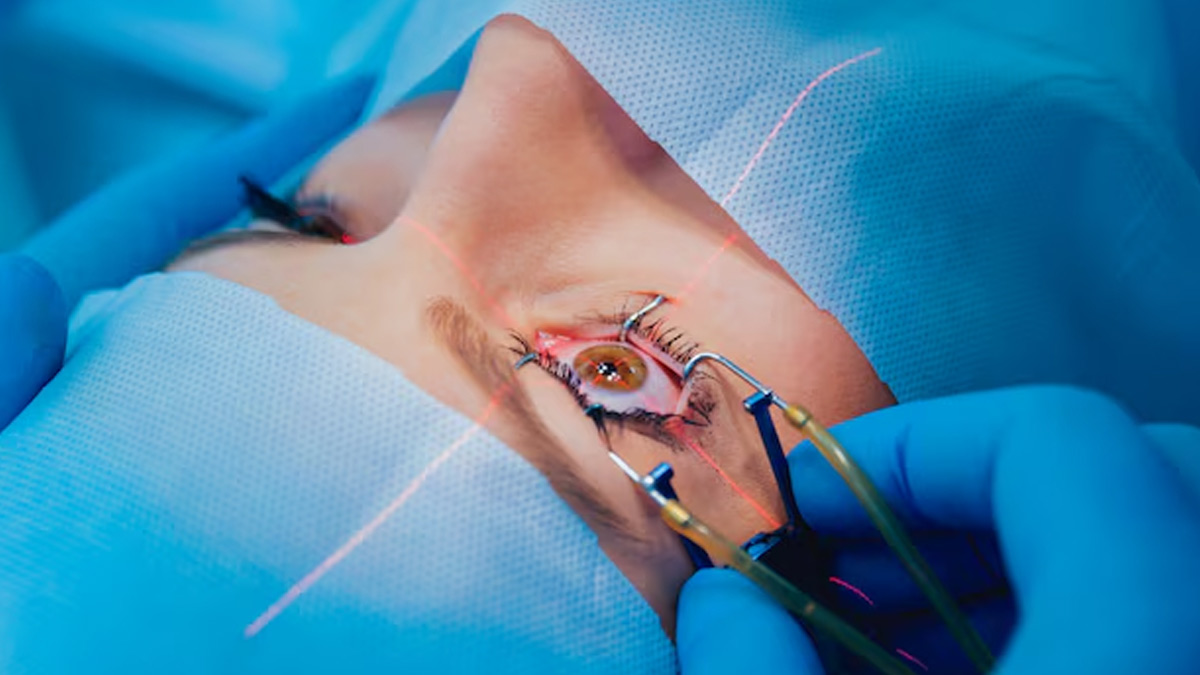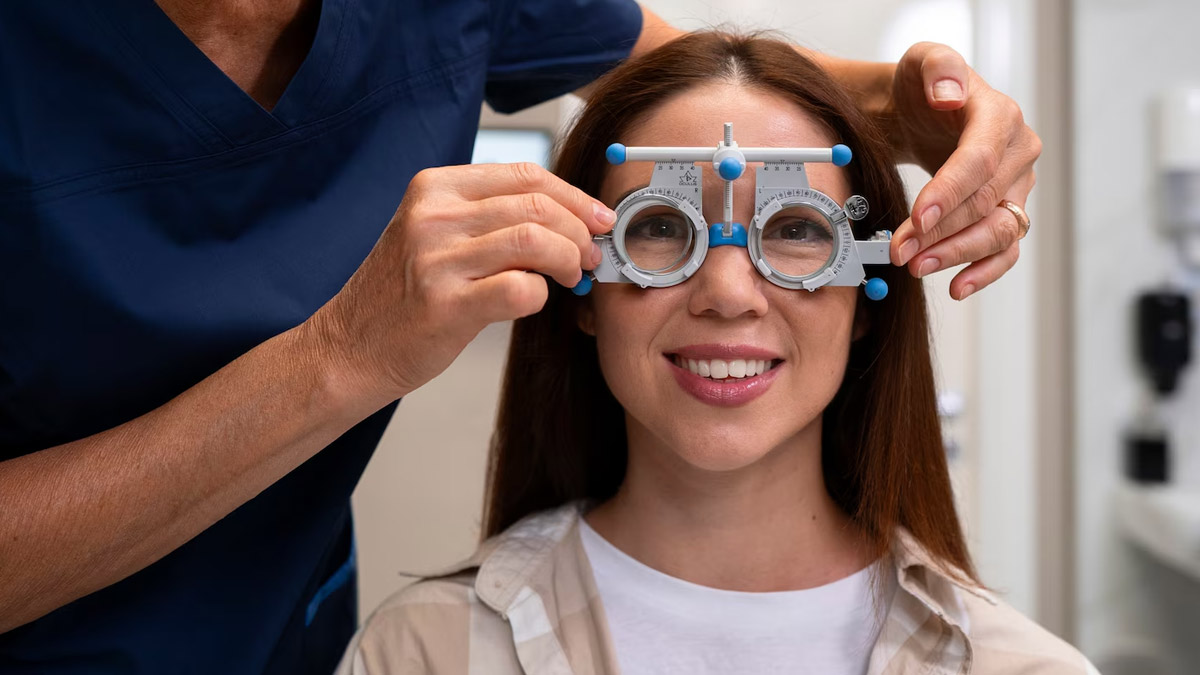
If you’re someone who has been wearing glasses or contacts for a long time and wants to change that now, LASIK eye surgery might have crossed your mind. For many, it has been life-changing. But like any medical procedure, LASIK comes with both benefits and risks. While complications are not common, it’s important to understand them, weigh the pros and cons, and take the right precautions to ensure safe results.
Table of Content:-
We spoke toDr Madhusmita Behera, Senior Consultant, Department of Cataract, Orbit and Oculoplastic Surgery, Rotary Techno Nethralaya, Sector V, who shared insights on when LASIK is required, the risks involved, and how to minimise them.
Also Read: Beyond 20/20: How Personalised LASIK Is Tailoring Vision Correction To Your Unique Eyes
When Is LASIK Surgery Required?

“LASIK surgery is required when a person has significant refractive errors such as myopia (near-sightedness), hyperopia (far-sightedness), or astigmatism,” explained Dr Behera. The procedure reshapes the cornea so that light focuses properly on the retina, giving you clearer vision.
In simpler terms, LASIK can help reduce your dependence on glasses or contact lenses. It is often recommended for those who have stable eye power, are in good overall health, and want a long-term solution to vision correction.
Common Complications People Face After LASIK
No surgery is completely risk-free, and LASIK is no exception. “The most common complications after LASIK surgery include dry eyes, glare, halos, double vision, and fluctuating vision during the healing period,” said Dr Behera.
While most of these side effects are temporary and improve with time, some patients may also experience under-correction or over-correction of vision. Rare but possible risks include corneal flap complications, infection, or inflammation, which require timely medical attention.
Are There Long-Term Risks Of Getting LASIK Eye Surgery?

Many people enjoy clear vision for years after LASIK, but it’s worth knowing that some long-term risks do exist. Dr Behera pointed out that “persistent dry eyes, glare, halos, or reduced night vision” can occur in certain cases.
A very rare but serious complication is corneal ectasia, where the cornea progressively thins and bulges, leading to distorted vision. According to a 2022 study published in the Scientific Reports, post-LASIK corneal ectasia, also known as keratectasia, is rare, with studies reporting an incidence rate of approximately 0.04% to 0.6%.
Additionally, natural age-related changes like presbyopia (needing reading glasses) may still happen, meaning some people might require corrective lenses later in life.
Also Read: Can Eye Power Change After LASIK? Expert Explains If The Effects Of This Treatment Are Permanent
Who Should Avoid Getting LASIK?

Not everyone is a suitable candidate. According to Dr Behera, LASIK should be avoided by:
- People with thin or irregular corneas
- Those with uncontrolled diabetes or autoimmune disorders
- Patients with severe dry eyes or progressive eye diseases such as keratoconus or glaucoma
- Pregnant or breastfeeding women
- Individuals with unstable vision or very high refractive errors
For these groups, the risks of complications are higher, and alternative vision correction options may be safer.
Precautions People Should Take Before Getting LASIK
Preparation plays a big role in safe outcomes. Dr Behera stresses the importance of detailed pre-surgery tests, which include:
- Corneal thickness measurement
- Pupil size assessment
- Tear film evaluation
- Corneal shape mapping
It’s also necessary to confirm that your vision has been stable for at least a year before undergoing surgery. Stopping contact lens use in advance and managing any underlying health conditions can further reduce risks.
Conclusion
LASIK eye surgery can offer freedom from glasses and contacts, but it’s not a one-size-fits-all solution. Understanding the possible complications, long-term risks, and whether you’re a suitable candidate is key to making an informed decision.
Careful screening, proper preparation, and disciplined post-surgery care, such as using prescribed eye drops, avoiding rubbing your eyes, and protecting them from dust and sunlight, can go a long way in ensuring safe recovery and lasting results.
If you’re considering LASIK, consult an experienced ophthalmologist who can guide you through the process, assess your eye health thoroughly, and help you minimise risks while maximising benefits.
Also watch this video
How we keep this article up to date:
We work with experts and keep a close eye on the latest in health and wellness. Whenever there is a new research or helpful information, we update our articles with accurate and useful advice.
Current Version